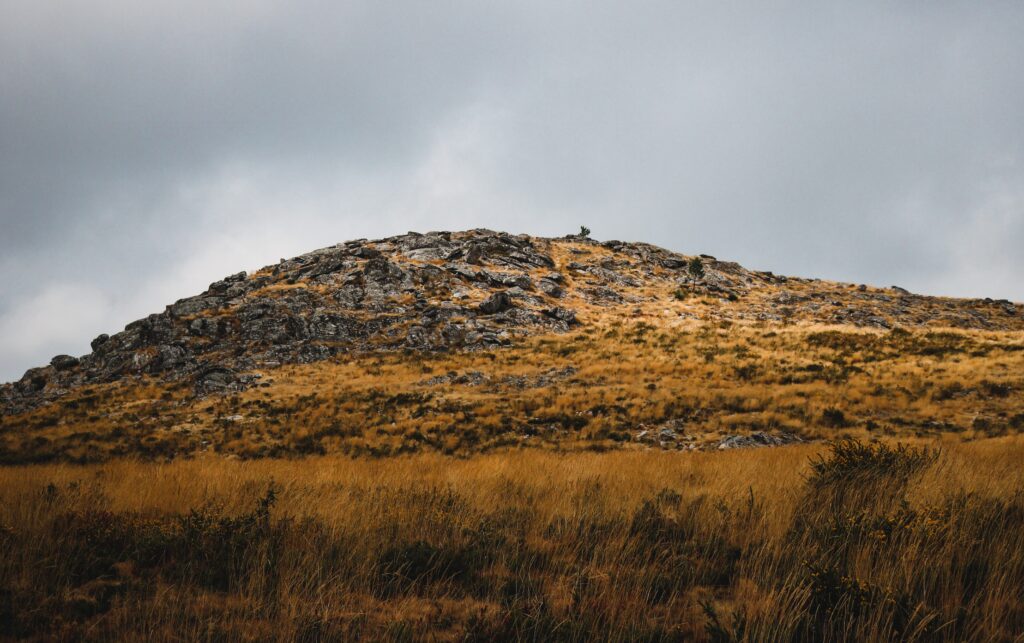
In response to David’s sin of numbering his army, God gives him a choice of punishment, and David chooses to place himself in the hand of God, in a plague, rather than in the hand of the surrounding enemy nations (2S 24.14). In the resulting outbreak (called “pestilence” by the KJV) some 70,000 Israelites die (2S 24.15). Warren Wiersbe has noted that the consequences of this sin—at least in the cost to human life—were far greater than the consequences of David’s sin with Bathsheba.
We read that the agent of this death plague was “the Angel of the LORD” (2S 24.16). We don’t find this surprising initially, because this same angel is said to slaughter the Assyrian army in their tents as they besiege Jerusalem (2K 19.35). But on second thought this strikes us as exceedingly odd.
Why is that? Because a great many interpreters of the Bible, myself among them, believe that “the Angel of the LORD” who appears in the Old Testament is none other than a preincarnate appearance of the Son, Jesus Christ. There is much to say about this theory—a former student of mine wrote his PhD dissertation on the question—but the arguments in brief are that
- sometimes the angel speaks of God in the third person (Ge 16.11; 22.12a, 16), and other times he speaks as God (Ge 16.10 [cf 13]; 22.12b; Judg 2.1-4);
- the only member of the Godhead ever said to have taken a body is the Son; and
- the Angel never appears after Jesus’ conception by Mary. (In the KJV references to the angel in several NT passages [Mt 1.20, 24; 2.13; 28.2; Lk 2.9; Ac 5.19; 8.26; 12.7, 23] there is no definite article in the Greek.)
Now if this view is correct, then we have the Son—gentle Jesus, meek and mild—acting in vengeance on the sin of David, and literally massacring people.
This is not what we expect.
We know that he will sit in judgment at the end of time (Mt 25.31-46; cf Re 20.11-15), and we know that the book of Revelation speaks of “the wrath of the Lamb” (Re 6.16), but still, this is not how we typically think of Jesus.
Our sense of cognitive dissonance is increased when we read here that “the LORD”—who is here distinguished from the death angel, and is thus apparently the Father—intervenes to prevent the angel from carrying out any more executions (2S 24.16). The Son is executing people, and the Father intercedes to restrain him? Isn’t that the very opposite of the picture the Scripture gives later, in speaking of the Son as interceding on our behalf with the Father (Ro 8.34)?
Counterintuitive.
The Son carries out divine wrath in judgment for sin, and at a key point in the process the Father seizes the hand bearing the sword, and says, “Enough. The killing stops here.”
This is a remarkable moment.
Why does he do this? Why does he “repent” (2S 24.16) of the disaster he is bringing, and stop the killing? What motivates him at this moment, in this place?
Immediately after the Father’s command to the Son, the narrator says, “And the angel of the LORD was by the threshing floor of Araunah the Jebusite” (2S 24.16; the parallel account [1Ch 21.15] says “Ornan the Jebusite”).
The narrator says this for a reason; he seems to want us to connect the Father’s words with the location. So where is this place?
We know that threshing floors were flat places used to beat the harvested grain to separate the grain kernels from their husks. The farmer would then winnow the grain, throwing it into the air with shovels so that the wind would blow away the lighter husks, leaving the heavier kernels to fall back to the ground. Since wind was an important part of the process, winnowing was often (though not always) done on hilltops.
There are a lot of hills in Israel. Where was this one?
We don’t have to guess. The Chronicles account ends with David identifying this threshing floor as the place where the Temple would be built (1Ch 22.1).
This is the Temple Mount.
And that, I think, gives us some help in determining why the Father spoke up at this place and told the Son, “The killing stops here.”
More on this next time.
Part 3: Why the Killing Stopped
Photo by Hugo Teles on Unsplash
